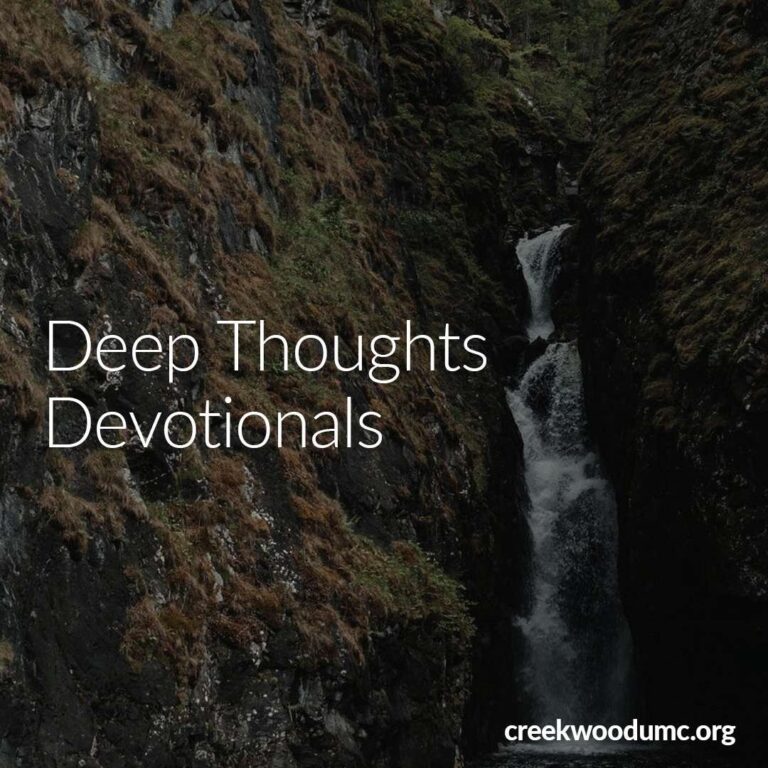Please consider writing a Google Review for us. Log into your Google Account, search for Creekwood UMC, then find the “Write A Review” button and you’re on your way.
Nurturing Nature
“For this reason I remind you to rekindle the gift of God that is within you through the laying on of hands; for God did not give us a spirit of cowardice, but rather a spirit of power and of love and of self-discipline.”
-2 Timothy 1:6-7 NRSV

Take a visit to my backyard and you’ll see what you’d expect grass to look like after a month of temperatures over 100. But take a walk around Creekwood’s property and you’ll see grass on the developing soccer fields that was planted during that same streak of heat, and yet is majestically green and healthy.
A miracle?
Or just someone who diligently takes the time to nurture the nature?
To give you a hint, it’s the latter. If I watered routinely and nurtured my grass, it would probably look similar. But it’s just one of those things that always slip our minds, so should we have any expectation of functional grass without actually caring for it? Perhaps you can see where I’m going to go with this.
In human development, nature and nurture are often contrasted. Some argue that everything about is innate, laced within our DNA or given to us by God, from our eye color to our disposition. These are the people who actually believe that a “bad kid” exists simply because “some people are just born bad.” The other side of the argument is that we are who we are because of what we’ve learned along the way. The “bad kid” is merely a byproduct of a lack of discipline, a lack of love, or some combination of the two that they would have to work to overcome.
The nature vs. nurture debate takes some other interesting twists and turns when our assumptions of nature or nurture influence the way we speak about behavior and accomplishment. For example, listen to any World Cup (men’s or women’s) and listen to the language used to describe the play of a European team vs. an African team. The Europeans are disciplined, technical, and tactical. They have been brought up in a system of learning and largely are successful because of the nurturing of their minds, almost with the assumption that they have to overcome their lack of physical prowess. African teams will be described as strong and powerful, with no recognition of tactical brilliance that was learned.
Let’s meet in the middle, shall we? Because no grass grows if it’s not nurtured properly. And no grass can be grass if it’s not designed to be grass in the first place. What most human development experts agree on is that nature and nurture both make us who we become. What I think we need to consider is how we intentionally nurture the nature we’ve been blessed with.
Paul may be writing expressly to Timothy in the scripture listed above, but his words should ring true to all of us who believe we are born of God. 1 John 5:1 tells us, “Everyone who believes that Jesus is the Christ has been born of God…” and our basic understanding of God’s relationship to humanity is that God breathed life into us, who are made in God’s image. Naturally, we are part of God’s handiwork, and even with sin present, through Christ, we have been born again as redeemed spiritual beings. It’s through the gift of the Spirit that we say we are given our spiritual gifts, the nature of who we are for God in the world.
What Paul wants Timothy to do is remember to nurture the nature he was blessed with. We embrace nurturing in just about every other area of our lives, whether it be athletics, academics, professional careers, or child-rearing, but for some reason when it comes to our faith we think “I should just have it.” I’ve even heard, “Some people were just born more faithful.” That is 100% not true because some of the most faithful people I know are full of doubt and worry. They have just embraced a lifestyle that practices faith to where it has been cultivated to look “natural.”
How do we do this?
- Create a pattern of exploration – take the time to ask any and every question you have without fear of judgment or ridicule. Take the time to dig deeper to where faith isn’t just supplementary to your life, but you’ve rationally explored how faith plays out in every nuance of life.
- Create a pattern of generosity – the #1 way people experience hope in the world is by serving others. It’s almost like it’s part of our nature to give and love.
- Create a pattern of prayer – if you never talk to God, why do you expect to be close to God?
- Create a pattern of community – 9 out of 10 people at Creekwood who are invested will answer the question, “what fills you up the most?” with “my small group.” A community of supportive and loving people will help you cultivate your spirituality to know you are not alone and never will be.
- Create a pattern of consistency – all of these things are great as one-offs, but you don’t make the World Cup by practicing soccer once. Think of faith as something you need to practice and exercise and make sure it’s a priority on the schedule.
If you haven’t yet taken the opportunity, here’s the United Methodist Church’s Spiritual Gift Inventory (or online quiz) that will help you understand what you are gifted with and how that makes a difference in the local church and the community around us. When you finish the Inventory it will give you definitions of your gifts to help you learn how to cultivate them well.
Peace,
David Lessner





